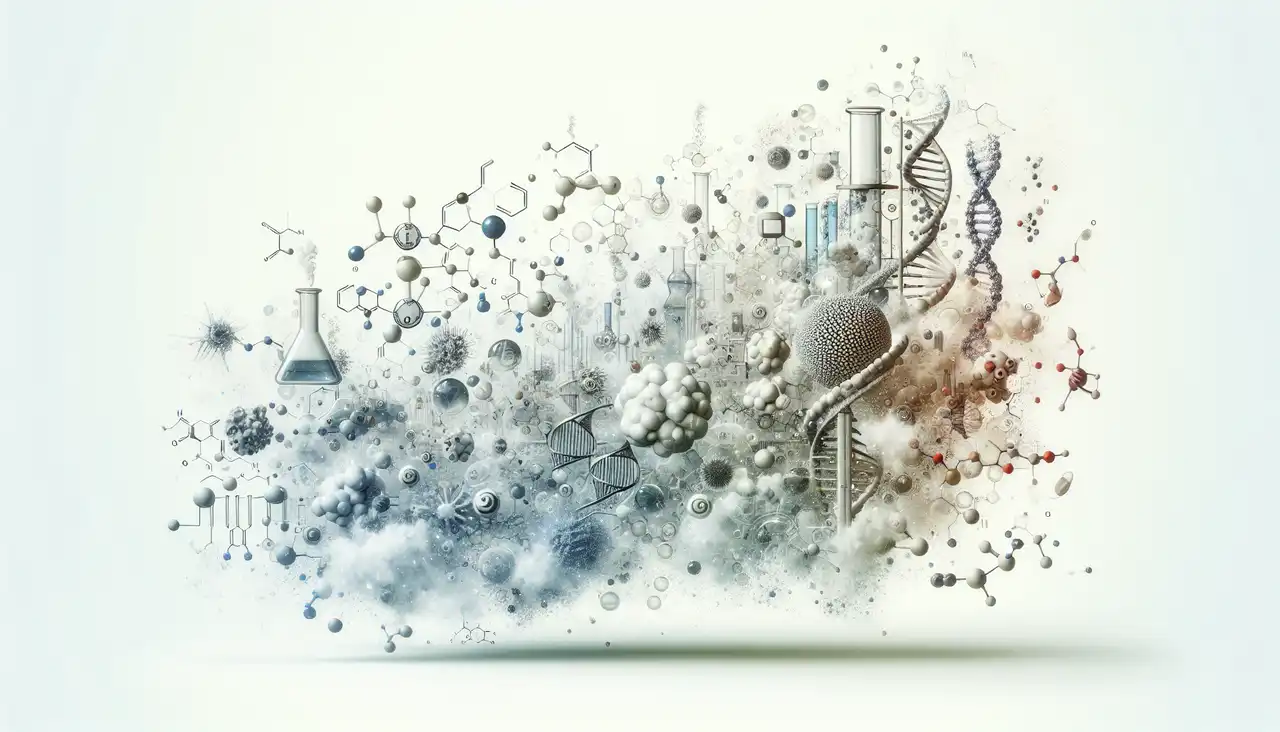

Mohammad Rashidian
Professor Mohammad Rashidian is an esteemed Assistant Professor of Radiology at the Dana-Farber Cancer Institute, where he examines pressing issues in cancer treatment through the lens of non-invasive imaging techniques. His pioneering research is dedicated to evaluating and predicting the effectiveness of cancer immunotherapy, a rapidly evolving field that holds promise for transforming cancer care. With a robust interdisciplinary approach, Professor Rashidian integrates molecular biology, chemical biology, and immunology to delve into the complexities of the tumor microenvironment. His work is instrumental in developing innovative diagnostic and therapeutic tools that aim to enhance the precision and efficacy of cancer treatments. By focusing on the intricate interactions within the tumor microenvironment, he seeks to uncover novel insights that could lead to groundbreaking advancements in cancer therapy. Among his recent contributions, Professor Rashidian has conducted significant studies on the noninvasive imaging of cancer immunotherapy, providing valuable insights into the dynamic processes of treatment response. His research also explores the role of regulators in epithelial-mesenchymal transition (EMT)-mediated immunosuppression, a critical factor in cancer progression and resistance to therapy. Additionally, he is investigating the potential of trained immunity-promoting nanobiologic therapy, a cutting-edge approach that could revolutionize how the immune system is harnessed to combat cancer. Professor Rashidian's work is not only advancing scientific understanding but also paving the way for the development of new strategies that could significantly improve patient outcomes. His dedication to exploring the intersection of technology and biology underscores his commitment to addressing some of the most challenging questions in cancer research today.
Publications
, 659-670, 2019-11-27
, B106-B106, 2016-01-01
, 1132-1140, 2020-07-08